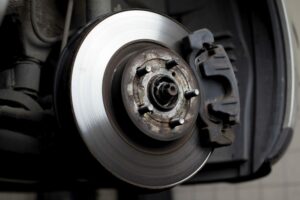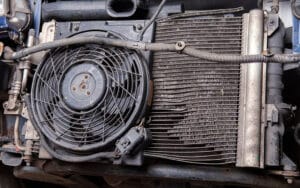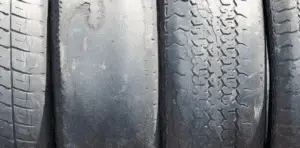Beginning issues? How to Determine Whether It’s the Alternator or Battery

Figure of Beginning issues
Unhealthy Battery Signs
Beginning issues: Consider a failing battery, a loose or corroded connection, or an electrical draw if your car cranks slowly, start inconsistently, and is harder to start on chilly mornings. When you attempt to start it, nothing happens neither does the interior light. A low battery with apparent terminal corrosion is probably harmful.
A battery issue exists if a jumpstart is successful. However, you must also decide if there are more severe issues or if it is simply approaching the end of its life. A dead or low battery could be caused by an alternator that isn’t working properly. Auxiliary lights, fuses, sound systems, alarms, and other devices could be pulling more power than usual.
Beginning issues: A Bad Alternator’s Telltale Signs
Some of the things to look out for are no-starting and difficult starting, dimmer lights, and problems with sound system output. Your alternator is unquestionably damaged and your battery isn’t getting charged if your car starts, but then stalls while you’re driving. An engine screeching noise that worsens while drains like the heating or sound system are on could be coming from your alternator bearings.
Another cautionary sign is running the engine after tuning the AM radio to a low station with silence. If you hear a whine or the sound becomes distorted as you press the gas pedal, your alternator is probably failing.
The check engine or battery indication lights on your automobile could mean that the alternator is broken or that the charging system isn’t working properly. A malfunctioning alternator may also be indicated if your automobile starts up after receiving a jump start. A specialist should be consulted about this in order for them to make an appropriate diagnosis.
Beginning issues: Functions of the Battery and Alternator
A sizable electric charge from the battery travels through the starting mechanism and engages a few gears in order to start the car. Once the automobile is moving, the alternator feeds current back to the battery to replenish it. while operating a vehicle. Your car’s electronics are powered by it, and it also makes sure the battery is charged to the appropriate level.
Beginning issues: If Your Car Won’t Start

The shop should also check the voltage and current output of the alternator and look for any signs of damaged diodes. The components are in charge of converting electrical current from AC (alternating current) to DC (direct current). If your alternator needs to be replaced and your vehicle contains power-hungry aftermarket components like a music system, ask if you need a bigger capacity alternator..
If the alternator is functioning properly. The starting and charging system’s other components will focus on the investigation.
Do you Have a Poor Alternator?
Your battery could be harmed. Because the alternator regulates how much electric current is supplied back to the battery during recharging, the battery may overheat as a result of overcharging. This may shorten its anticipated lifespan and decrease its dependability. Ask if you need an alternator replacement if you are having one repaired. If your battery is the issue, the alternator won’t be impacted.
FAQ
How can you tell if the battery or alternator is bad?
Restart your vehicle. Your car’s alternator is probably unable to recharge the battery if you can start the engine, but it promptly shuts off. However. If you jumpstart the vehicle and it later struggles to start on its own, the battery is probably dead.
Should I swap out the alternator or the battery first?
After installing a new car alternator, one of the first items you should check is your battery. You must disconnect the battery before installing the new alternator. According to any installation manual. Therefore, you must at the very least ensure that you reconnect it.
What distinguishes a faulty battery from a bad alternator?
Try to jump-start your automobile if the battery is dead and it won’t start. Because your alternator powers the engine ignition. If it starts for a brief period of time before dying again. That could indicate a problem with its operation.
Can a car with a damaged alternator be jumpstarted?
When an alternator fails, it may be feasible to jumpstart the car as long as the battery provides enough power to keep it running. But it’s best to get a new alternator as soon as possible.
How long can a damaged alternator keep a car running?
But how long can you keep a damaged alternator in your car? These are the results of our research into this issue. If your battery is fully charging and in good functioning order. You should be able to drive for no more than 25 miles or about 30 minutes with a bad alternator. You might require a tow if your battery is low.







